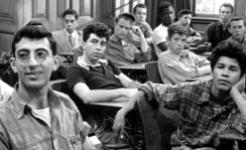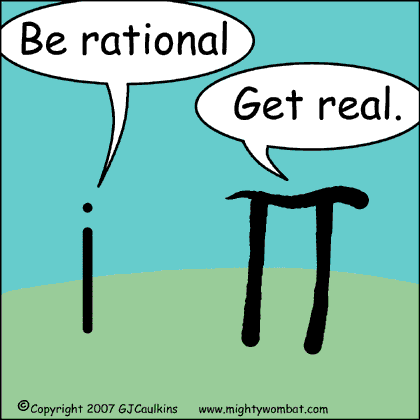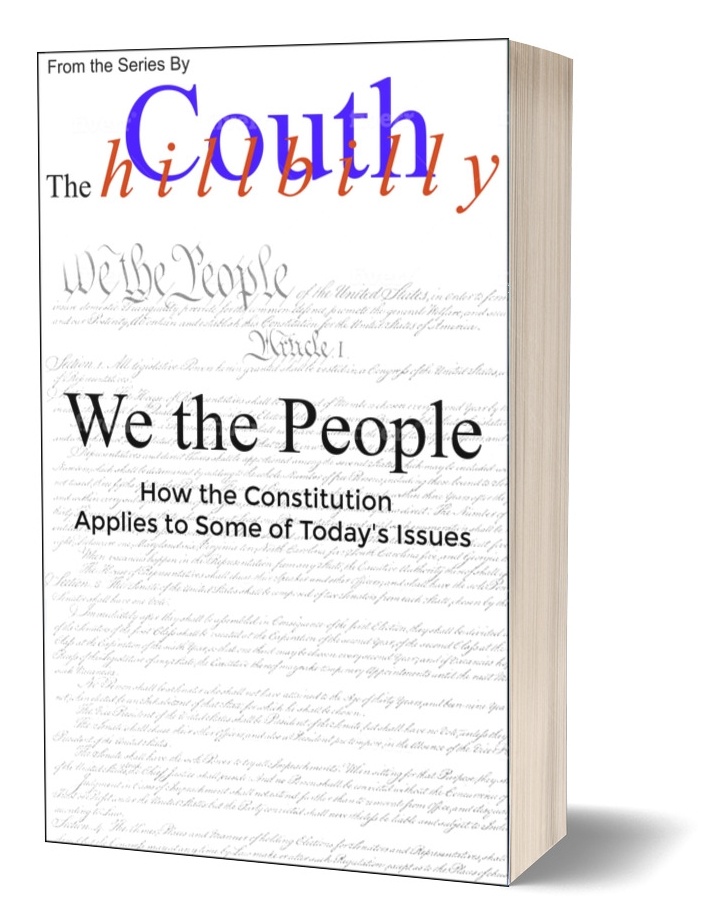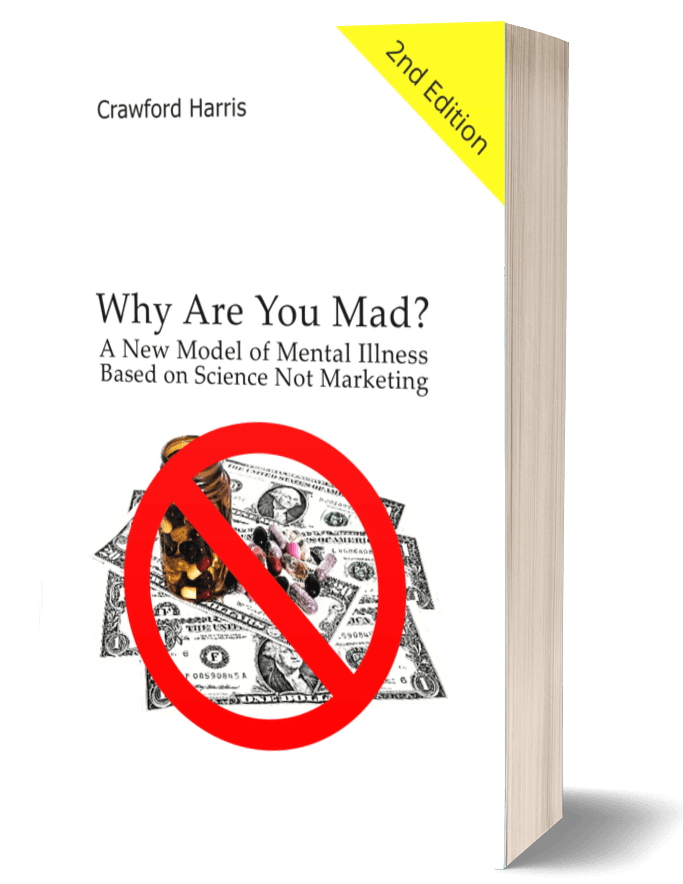 Who is the handsome guy in the picture?
Who is the handsome guy in the picture?
The frame is taken from the movie Blackboard Jungle. The credits give the name of Jameel Farrah. Later, he changed his name. Does Jamie Farr ring a bell? Would he be more recognizable in a dress? Don’t you remember Corporal Klinger?
Interestingly, though still off the point, he was the only member of the television cast of M*A*S*H to have actually served in Korea.
Although I sometimes bore you with statistics and facts to support my contentions, my usual modus operandi is to generalize. Shortly I will do a copy and paste of an editorial that covers some detail that supports my stance, without duplicating my last post.
Before that I need to unburden myself on one specific issue. Teachers’ unions. There is not a single problem with education that will be solved by reforming or eliminating unions. Those using unions to attack teachers are pursuing a political, not educational, agenda, or they are simply parroting lines they heard from those with that political agenda.
One more point and I relinquish the floor. Why is it a teachers’ union? There is a “professional organization” called the American Medical Association. What about the American Bar Association? Some groups have the power to soak you. They get together in associations. The teachers are at our mercies. They have to form unions. Is there a lower paid profession? Whatever, they are professionals.
From the New York Times, here is a professional, unedited:
Scientifically Tested Tests
By SUSAN ENGEL
New Marlborough, Mass.

AS children, teachers and parents sprint, slink or stumble into the new school year, they also find themselves laboring once again in the shadow of standardized tests. That is a real shame, given that there are few indications that the multiple-choice format of a typical test, in which students are quizzed on the specific formulas and bits of information they have memorized that year, actually measures what we need to know about children’s education.
There is also scant evidence that these tests encourage teachers to become better at helping individual children; in fact, some studies show that the tests protect bad teachers by hiding their lack of skill behind narrow goals and rigid scripts. And there are hardly any data to suggest that punishing schools with low test scores and rewarding schools with high ones improves anything. The only notable feature of our current approach is that these tests are relatively easy to administer to every child in every school, easy to score and easy to understand. But expediency should not be our main priority when it comes to schools.
Instead, we should come up with assessments that truly measure the qualities of well-educated children: the ability to understand what they read; an interest in using books to gain knowledge; the capacity to know when a problem calls for mathematics and quantification; the agility to move from concrete examples to abstract principles and back again; the ability to think about a situation in several different ways; and a dynamic working knowledge of the society in which they live.
This task is not as difficult as one might think. In recent years, psychologists have found ways to measure things as subtle as the forces that govern our moral choices and the thought processes that underlie unconscious stereotyping. And many promising techniques already used by child development experts could provide a starting point for improving school assessments.
For instance, using recordings of children’s everyday speech, developmental psychologists can calculate two important indicators of intellectual functioning: the grammatical complexity of their sentences and the size of their working vocabularies (not the words they circle during a test, but the ones they use in their real lives). Why not do the same in schools? We could even employ a written version, analyzing random samples of children’s essays and stories.
Psychologists have also found that a good way to measure a person’s literacy level is to test his ability to identify the names of actual authors amid the names of non-authors. In other words, someone who knows that Mark Twain and J. K. Rowling are published authors — and that, say, Robert Sponge is not — reads more. We could periodically administer such a test to children to find out how much they have read as opposed to which isolated skills they have been practicing for a test.
When children recount a story that they have read or that has been read to them, it provides all kinds of information about their narrative skill, an essential component of literacy. We could give students a book and then have them talk with a trained examiner about what they read; the oral reconstruction could be analyzed for evidence of their narrative comprehension.
Researchers have also found that the way a student critiques a simple science experiment shows whether he understands the idea of controlling variables, a key component in all science work. To assess children’s scientific skills, an experiment could be described to them, in writing, and then they would explain how they would improve upon it.
Of course, these new assessments could include some paper-and-pencil work as well. But that work would have to measure students’ thinking skills, not whether they can select a right answer from preset options. For instance, children could write essays in response to a prompt like, “Choose something you are good at, and describe to your reader how you do it.” That would allow each student to draw on his area of expertise, show his ability to analyze the process, describe a task logically and convey real information and substance. In turn, a prompt of, “Write a description of yourself from your mother’s point of view,” would help gauge the child’s ability to understand the perspectives of others.
Finally, we don’t need to exhaustively track every child every year in order to monitor how schools are doing. Just as researchers often use a randomly selected group to provide a window onto the larger population, we could test only carefully gathered representative samples from all the classes within a few grades. We would still get an empirical snapshot of a school, while freeing up students and teachers to do more meaningful work.
By shifting our assessment techniques, we would learn more of what we really need to know about how children, teachers and schools are doing. And testing could be returned to its rightful place as one tool among many for improving schools, rather than serving as a weapon that degrades the experience for teachers and students alike.
Susan Engel is a senior lecturer in psychology and the director of the teaching program at Williams College.

.




This is the perfect post and may be one that is followed up to see what happens
A companion sent this link the other day and I’m eagerly hoping for your next page. Carry on on the great work.
Well said, I dont agree 100%, however you make a great point.
Excellent read, I just passed this onto a friend who was doing a little research on that.
Excellent article. I want to have to ask questions
Thanks. Please ask.
hi-ya, I like all your posts, keep them coming.
After research just a few of the weblog posts on your website now, and I really like your means of blogging. I bookmarked it to my bookmark website record and can be checking again soon. Pls check out my website online as properly and let me know what you think.
Earlier you asked for a link exchange. I put a link on my site 3-4 days ago.